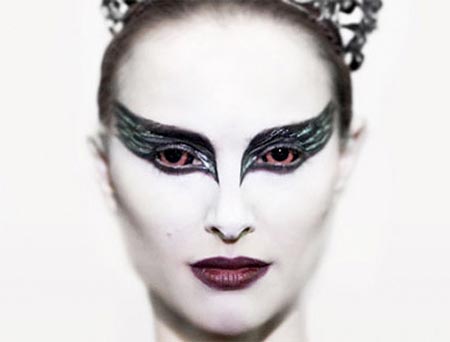#June2015
Winona Ryder leading Netflix’s 1980s supernatural drama
It looks like Winona Ryder is getting into the Netflix game, with a premise that seems dope enough to care about.
Black Swan – Aronofsky’s Admonition

[caution: the following post is a narrative analysis of BLACK SWAN. as such, it’s filled with spoilers, half-baked jib-jab, and words that even a thesaurus shouldn’t contain. proceed at your own risk]
Walking out of Black Swan, I knew that I was impressed. The one hundred and three minutes of celluloid that had just flashed before me were not only visually appealing (and I’ll be goddamned if you don’t think it’s eye-candy) but bursting at the thematic seams.
It’s a layered work – an adaptation of Swan Lake in which a ballet company reimagines Swan Lake. Yes, that’s right. There’s sexual tension, the tug-and-pull between repression and reckless liberation. Body image issues arise, as self-mutilation and bulimia make both subtle and palpable appearances. And for good measure, a heaping of parental expectation is thrown in, reminding the audience that even the most brilliant of feats can lose their shimmer when serving as vicarious fulfillment.
It’s all in Black Swan. All that and more, in fact. But what struck me as most compelling about Aronofsky’s fifth feature is that it serves as a warning to those in pursuit of a goal. No, I don’t think Black Swan is telling the audience to relish in apathy, aspiring for nothing and thereby achieving everything desired. But I do think that the movie is pursing its lips next to the ear of the aspirant individual, whispering, “Look at yourself — is this what you want?”
Because without even knowing it, even the purest of feather can become sullied and despoiled.





